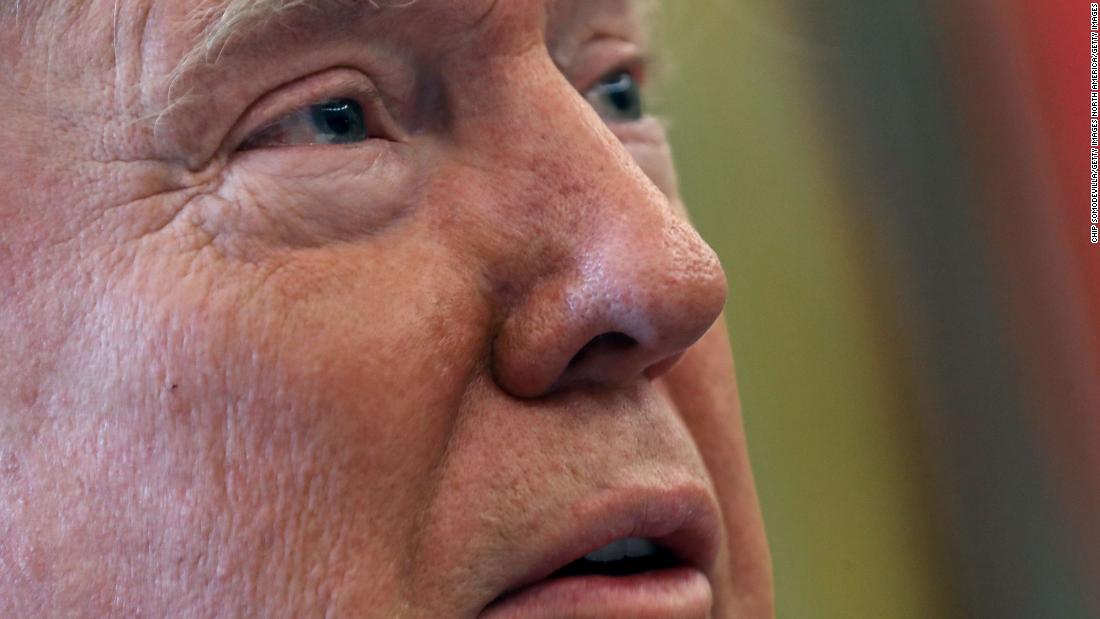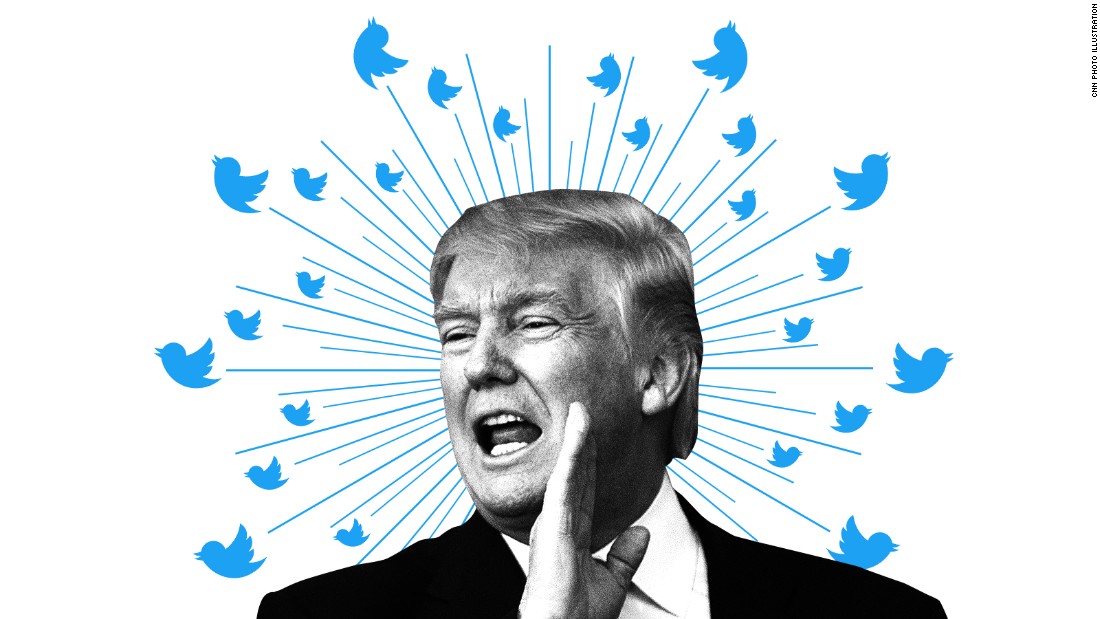(CNN)With his latest tweetstorm, addressing everything from North Korea's nuclear threat to the mythical "Deep State" inside the Justice Department, Donald Trump has fallen through the floor of comedy and into the basement of tragedy.
Trump responded, "When he was fired, he not only lost his job, he lost his mind." The President's statement on Bannon confirmed the widely-held impression that he is temperamental and ill-suited to his position. Indeed, the last thing a president should do when a former aide levels criticism is dignify it with a response. Of course, dignity has never been Trump's strong suit.
After roughly one year into his presidency, we can be certain that the image-obsessed, overly-emotional Trump seen for decades in New York and on TV is the real deal -- and that nothing affects him more than what people say about him.
From his earliest days, when he fashioned himself into a character worthy of the stage, he was guided by dramatic impulses. Referring to his life as a "comic book" and "show," Trump anointed public figures as enemies and created battles that were waged in the press. No one was immune from his criticism -- not even Ronald Reagan. And his various business activities, including massive bankruptcies, became part of the spectacle.
Then, as now, he sought attention as if his life depended upon it, and was energized as much by the negative press as the positive. This dynamic became so essential to his being that he seems to exist only in relation to what others say about him. The words, whether spoken, published or tweeted, make him feel alive. To be ignored is painful.
A real estate developer and TV reality show host could succeed in seeking attention for attention's sake. This is what self-promotion is all about. The office of President, however, demands a bit more dignity and reserved strength. But then again, according to the excerpt from Wolff's book, Trump never intended to be president -- instead, he wanted to be "the most famous man in the world."
That said, for decades American leaders practiced the Theodore Roosevelt doctrine --"speak softly and carry a big stick." And they were able to because the United States was known for its economic, moral and military power. However, Trump saw this form of traditional diplomacy as weakness and complained that the world was "laughing" at America.
Take his feud with Kim Jong Un of North Korea. The President allowed himself to be played by a leader who used his own attention-seeking methods -- rocket tests and nuclear ambitions -- to make himself seem more powerful than he is. Economic sanctions imposed by the Trump administration were consistent with longstanding US policies, but Trump interfered and undercut this work with his responses to Kim on Twitter.
Most recently, in response to Kim's statement that he has a nuclear button," he tweeted, "I too have a Nuclear Button, but it is a much bigger & more powerful one than his, and my Button works!" The tweet was more than just reckless or silly. It was also irresponsible because it undermined the authority of the President.
Meanwhile, Kim seized the high ground -- extending a line of communication to South Korea and discussing the prospect of sending a team to the South's upcoming Olympic games. With just a few words, Kim showed he could maintain his arsenal and maneuver between the US and a key regional ally.
Trump hasn't refrained from tweeting since, nor has he backed down from his tough rhetoric. In fact, Sarah Sanders stated in the Wednesday press briefing that the White House stands by the President's North Korea tweets.
But a president who can't be trusted to keep silent to avoid stoking a possible war is not funny. He is frightening.
So why does Trump do this? Vladimir Nabokov wrote a short story -- "Signs and Symbols" -- about a man with a similar problem. According to Nabokov, a man like Trump suffers from a kind of self-referential mania that causes him to believe that everything in the world relates to him -- personally. Rustling leaves, scudding clouds, lapping waves -- they are all saying something about Trump.
The mania Nabokov describes provides as good an evaluation of Trump as any other. And the condition might be genetic. Eric Trump tweeted late Tuesday night that TV star Ellen DeGeneres might be part of a "Deep State" conspiracy.
More From this publisher : HERE ; This post was curated using : TrendingTraffic
=>
***********************************************
See More Here: Nothing affects Trump more than what people say about him
************************************
=>
Sponsored by AMA News
=>
This article was searched, compiled, delivered and presented using RSS Masher & TrendingTraffic
=>>
Nothing affects Trump more than what people say about him was originally posted by Viral News Feed 14



No comments:
Post a Comment